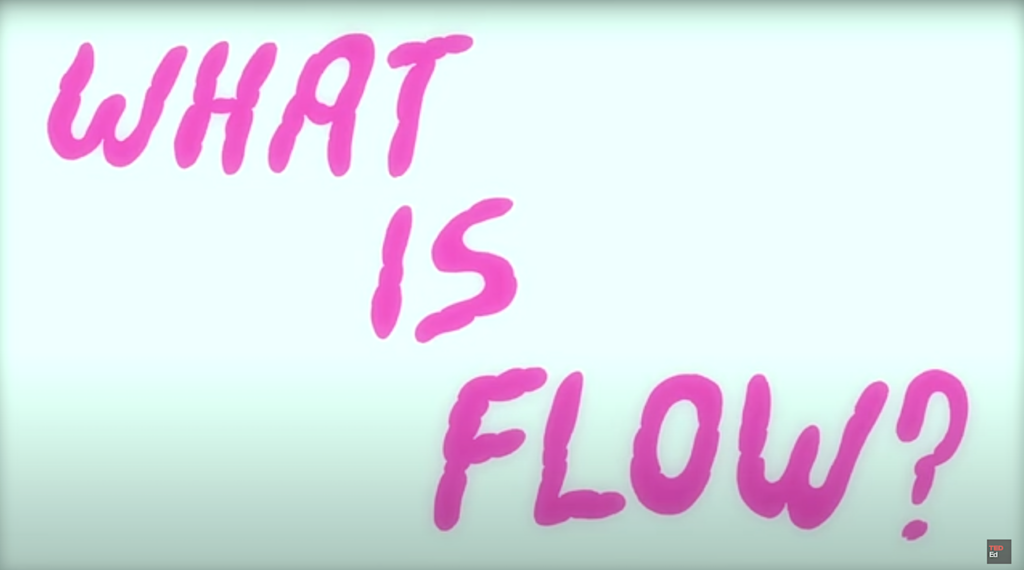One needs hardly state that human beings desire things like wealth, power, and love. But it does bear repeating that, on a deeper level, we all desire flow. To say this is to repeat, in one form or another, the theories of the late psychologist Mihaly Csikszentmihalyi, author of Flow: The Psychology of Optimal Experience. When we enter a flow state, Csikszentmihalyi once said in an interview, “the ego falls away,” and it is those words that open the animated TED-Ed lesson above. “A unique mental state of effortless engagement,” says its narrator, flow has been defined as “an altered state of consciousness,” and those who enter it “feel so effortlessly engaged in a task that time seems to fly by.”
If you’re a normal twenty-first-century person, this may not sound like an especially familiar experience. In fact, you may well think of your working life as more characterized by “cycles of procrastination, when it can feel impossible to start an activity.”
During flow, by contrast, “it can feel difficult to stop”; “feelings of worry or self-judgment” are diminished; a “sense of oneness” can arise between yourself and your activity. This state occurs when you do “intrinsically motivating” work, and even more so when the difficulty of that work matches or just slightly exceeds your skill level: “If a task is too easy, you may get distracted or feel bored. If it’s too challenging, you may become discouraged.”
To maximize your own chances of finding flow, engage in “activities that have clear goals and allow you to assess your progress along the way.” If possible, do it in “a quiet environment, free from distracting noises or devices.” Before you start, “break your tasks into small, specific segments that are easy to track and learn from,” and also “set clear end goals that are challenging, but not frustratingly so.” Above all, “don’t focus too much on reaching flow; that sort of distraction might just prevent you from finding it.” The talks by Flow Research Collective founder Steven Kotler and by Cskizentmihalyi himself previously featured here on Open Culture can supplement the TED-Ed lesson — and, perhaps, reassure you that the strange puckered expressions on the face of its characters are not, in fact, a requirement for entering the flow state.
Related Content:
How to Get into a Creative “Flow State”: A Short Masterclass
How to Enter a ‘Flow State’ on Command: Peak Performance Mind Hack Explained in 7 Minutes
The Philosophy of “Flow”: A Brief Introduction to Taoism
Based in Seoul, Colin Marshall writes and broadcasts on cities, language, and culture. His projects include the Substack newsletter Books on Cities, the book The Stateless City: a Walk through 21st-Century Los Angeles and the video series The City in Cinema. Follow him on Twitter at @colinmarshall or on Facebook.

